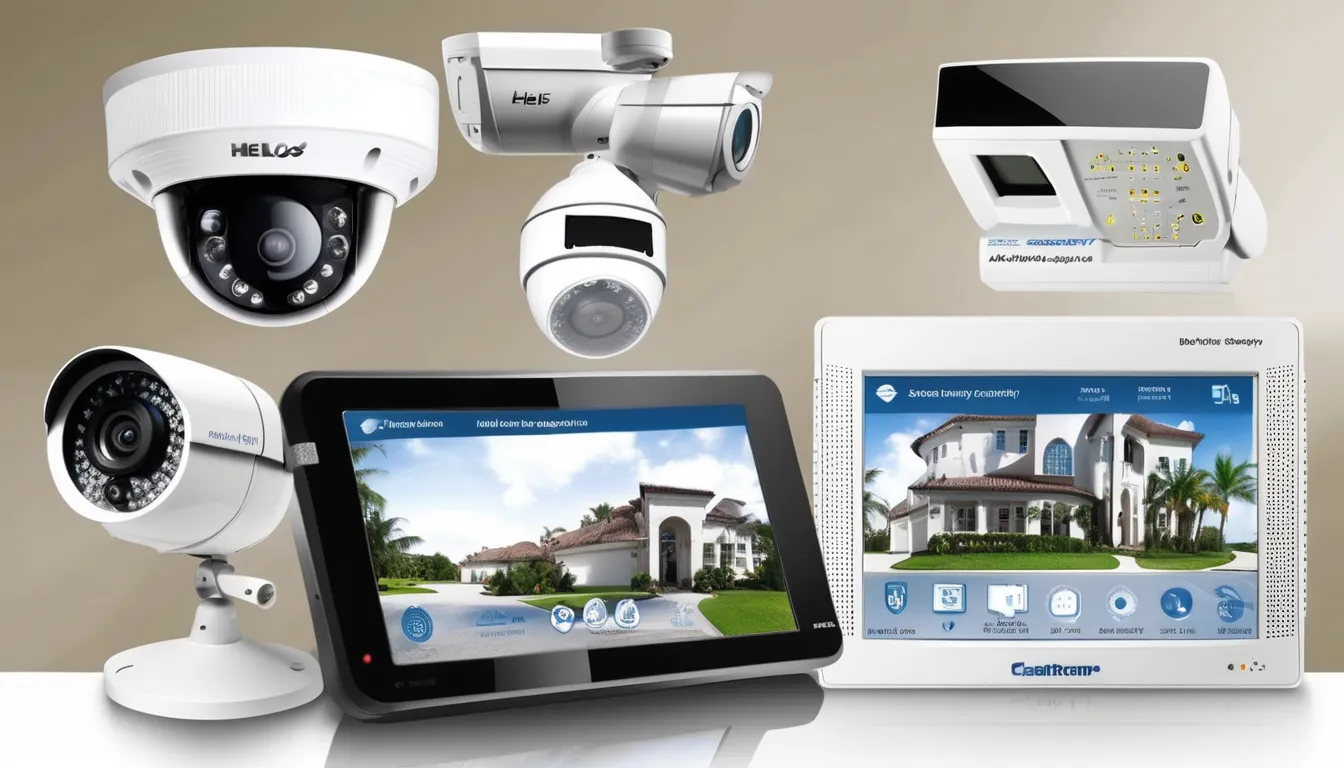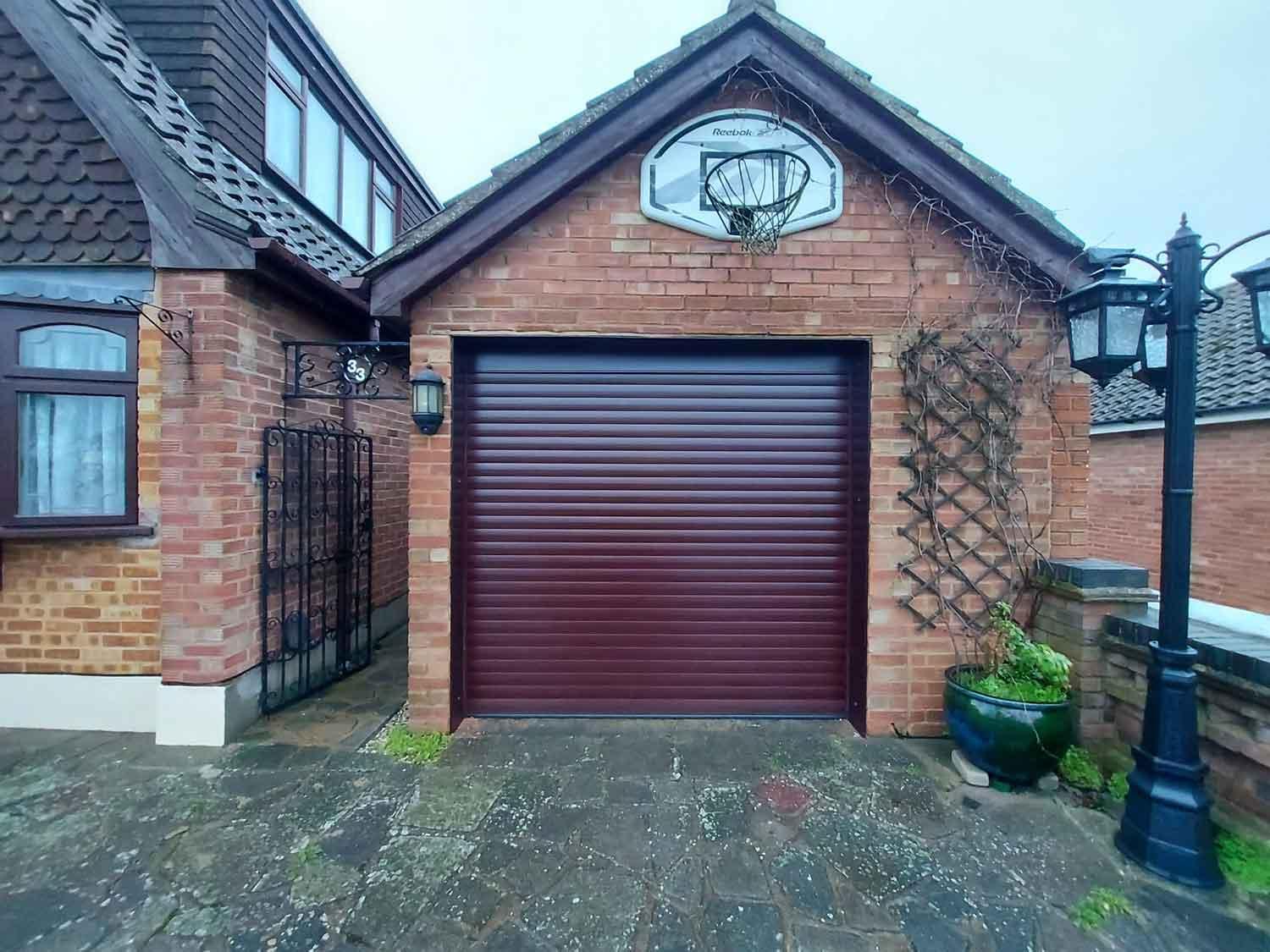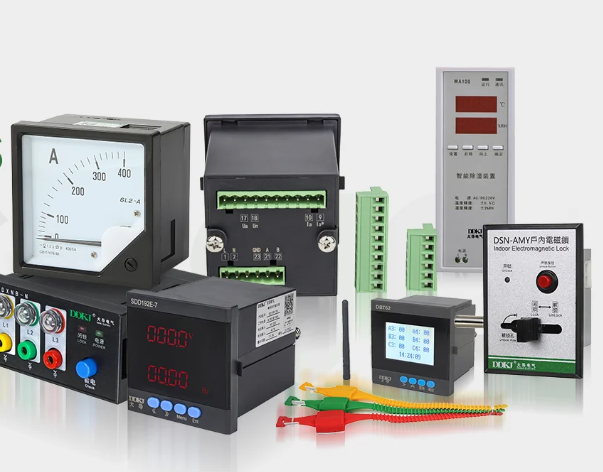When it comes to safeguarding your property, having a reliable fire alarm system is non-negotiable. You know that early detection can make all the difference, but do you fully understand the key features that can enhance your system’s performance? From cutting-edge technologies to routine maintenance practices, every aspect plays a crucial role in protecting what matters most. As you consider your options, it’s essential to explore how these systems operate and the best practices for ensuring they’re always ready when you need them most.
Importance of Fire Alarm Systems
Fire alarm systems are crucial for protecting lives and property, as they provide early warning in case of a fire. When a fire breaks out, every second counts. With a reliable fire alarm system in place, you’ll receive alerts that can make all the difference in safely evacuating a building.
It’s not just about saving lives; it’s also about minimizing damage. Early detection can lead to quicker responses from emergency services, potentially saving your property from extensive harm.
You might think that fire alarms are just a precaution, but they’re essential in any setting, whether it’s your home or a commercial space. They give you peace of mind, knowing you’ve taken steps to protect your loved ones and valuable assets.
Moreover, many insurance companies offer discounts for properties equipped with fire alarm systems, recognizing their role in reducing risk.
In the event of a fire, the chaos that ensues can be overwhelming, making it hard to think clearly. A well-functioning fire alarm system eliminates some of that confusion, guiding you toward safety.
Ultimately, investing in a reliable fire alarm system is a proactive measure that ensures you’re prepared for the unexpected.
Key Features to Consider
When choosing a fire alarm system, it’s essential to focus on key features that enhance safety and reliability. By prioritizing these elements, you can ensure that your property remains protected in the event of a fire.
First, consider the detection technology. Look for systems that utilize both smoke and heat detectors. This combination increases the likelihood of early detection, giving you precious moments to respond.
Next, pay attention to the system’s connectivity options. A reliable fire alarm should allow for easy integration with other safety systems, like sprinklers or emergency lighting. This interconnectedness can streamline your emergency response.
Lastly, evaluate the alarm’s notification capabilities. You want a system that not only alerts occupants with loud alarms but also sends notifications to your phone or local authorities.
Here are some key features to consider:
- Dual-sensor technology: Combines smoke and heat detection for quicker alerts.
- Smart connectivity: Integrates seamlessly with other safety systems.
- Advanced notifications: Sends alerts to your devices and local emergency services.
Types of Fire Alarm Systems
Over the years, various types of fire alarm systems have emerged, each designed to meet specific needs and environments.
You’ll typically encounter two primary categories: conventional and addressable systems. Conventional systems group detectors into zones, making it easier to identify where an alarm originates. This is often suitable for smaller buildings.
On the other hand, addressable systems provide more precise information by assigning a unique address to each detector. This helps you pinpoint the exact location of a fire, which can be crucial for quick response in larger or more complex properties.
Another type is the wireless fire alarm system. These systems eliminate the need for extensive wiring, making installation simpler and less invasive. They’re particularly useful in older buildings or temporary setups.
Lastly, you might consider smart fire alarm systems, which integrate with your home automation systems. These can send alerts to your smartphone and allow remote monitoring.
Selecting the right fire alarm system is essential for effective protection.
How Fire Alarm Systems Work
Typically, fire alarm systems near me systems operate by continuously monitoring their environment for signs of smoke, heat, or flames. These systems use a combination of sensors and detectors to identify potential dangers. Once a threat is detected, the alarm sounds, alerting you and others to evacuate and take action.
Here’s how it all comes together:
- Smoke Detectors: They sense particles in the air, triggering the alarm when smoke is present. You’ll often smell the burnt smell before you hear the alarm.
- Heat Sensors: These devices detect rapid temperature rises, alerting you to a potential fire before it fully develops. Imagine feeling the sudden warmth in a room that was once cool.
- Manual Pull Stations: Located strategically, these allow you to sound the alarm in case you see a fire before the system detects it. Picture the bright red handle ready for action in an emergency.
Maintenance and Testing Practices
A well-functioning fire alarm system is crucial for safety, but it won’t stay reliable without regular maintenance and testing. To ensure your system performs at its best, you need to conduct routine checks. Start by inspecting the alarm devices monthly. Look for any physical damage or obstructions and ensure the indicators are working properly.
Next, perform a comprehensive test of your system at least twice a year. This involves triggering the alarms and verifying that they sound correctly throughout your property. Don’t forget to test the backup batteries and replace them if they’re low.
Regularly check the control panel for any error messages or alerts, addressing any issues immediately. It’s also a good idea to keep a detailed log of all maintenance and testing activities. This not only helps you stay organized but also provides records for inspections or insurance purposes.
Frequently Asked Questions
What Are the Costs Associated With Installing a Fire Alarm System?
Installing a fire alarm system involves costs like equipment purchase, installation labor, maintenance, and monitoring fees. You’ll also want to factor in any necessary permits or inspections to ensure everything meets local safety regulations.
How Long Does It Take to Install a Fire Alarm System?
It typically takes a few hours to a full day to install a fire alarm system, depending on the building’s size and complexity. Make sure to plan for potential disruptions during the installation process.
Are There Any Legal Requirements for Fire Alarm Systems in My Area?
Yes, there are legal requirements for fire alarm systems in your area. You should check local building codes and regulations to ensure compliance. Consulting a fire safety professional can help you understand your obligations better.
Can I Integrate My Fire Alarm System With Other Security Systems?
Yes, you can integrate your fire alarm system with other security systems, like surveillance or access control. This integration enhances overall safety and allows for streamlined monitoring, ensuring you’re alerted to emergencies immediately and effectively.
What Should I Do if My Fire Alarm Goes off Accidentally?
If your fire alarm goes off accidentally, don’t panic. First, check for smoke or fire. If everything’s clear, reset the alarm. If it continues, contact a professional to inspect the system for issues.
Conclusion
In conclusion, investing in a reliable fire alarm system is crucial for safeguarding your property and loved ones. By understanding the key features, types, and maintenance practices, you can choose a system that meets your needs. Regular testing and upkeep ensure your alarms function properly when it matters most. Remember, early detection not only saves lives but also minimizes damage and can even lower your insurance costs. Don’t wait—protect your property today!






